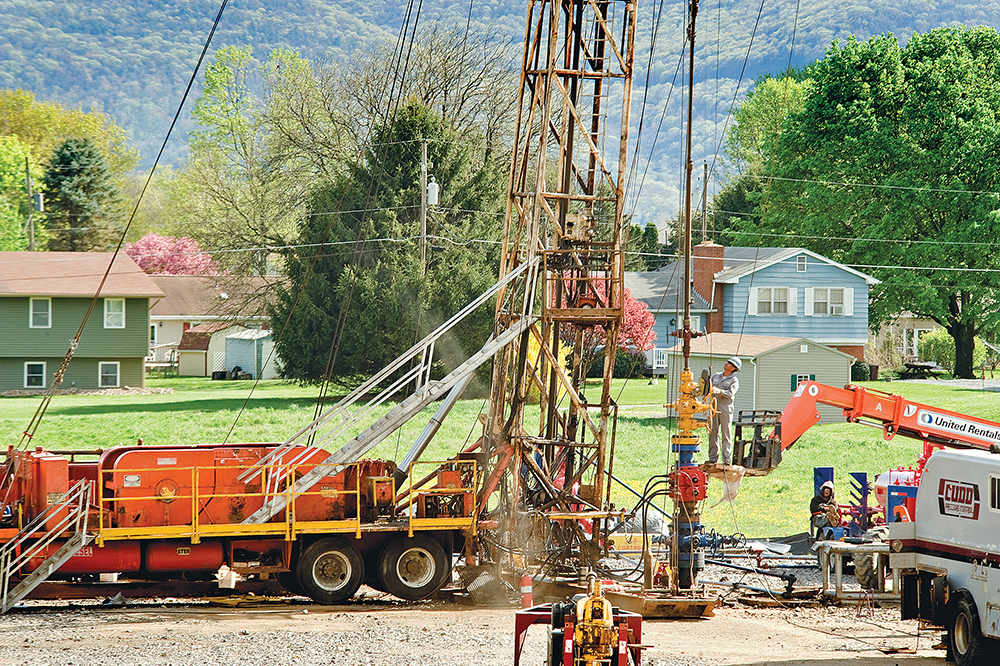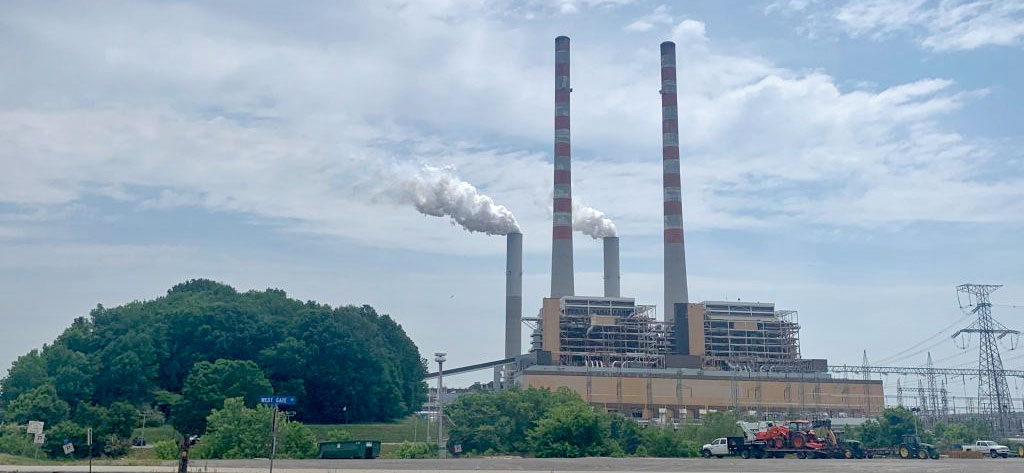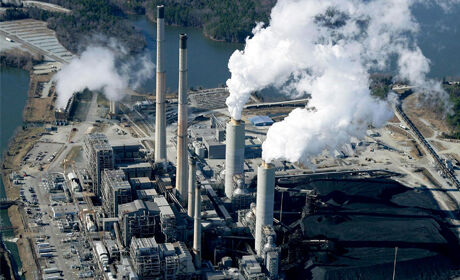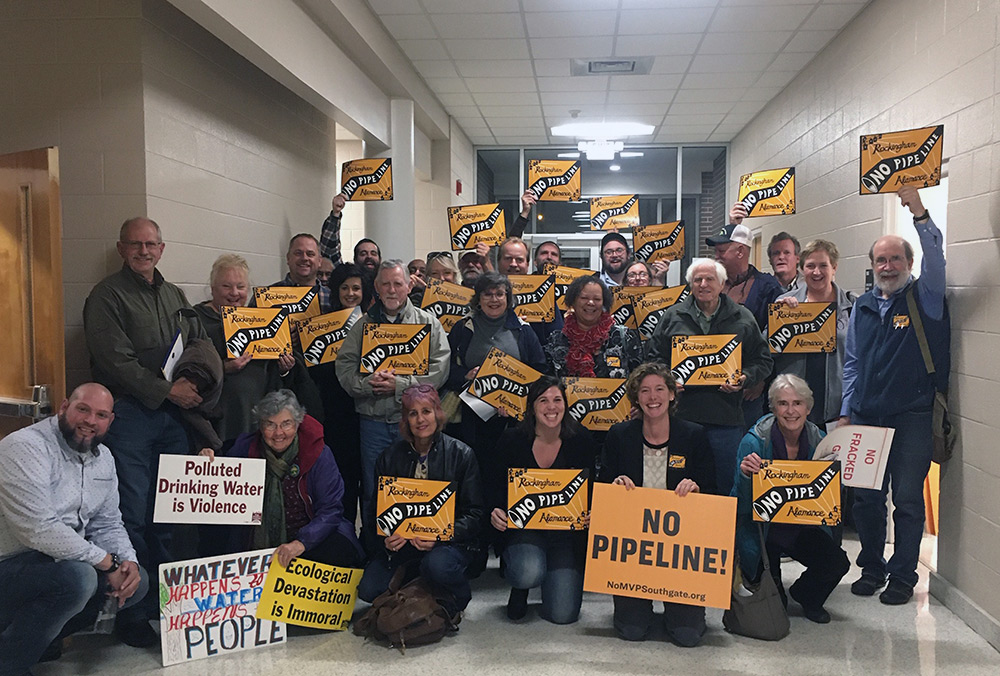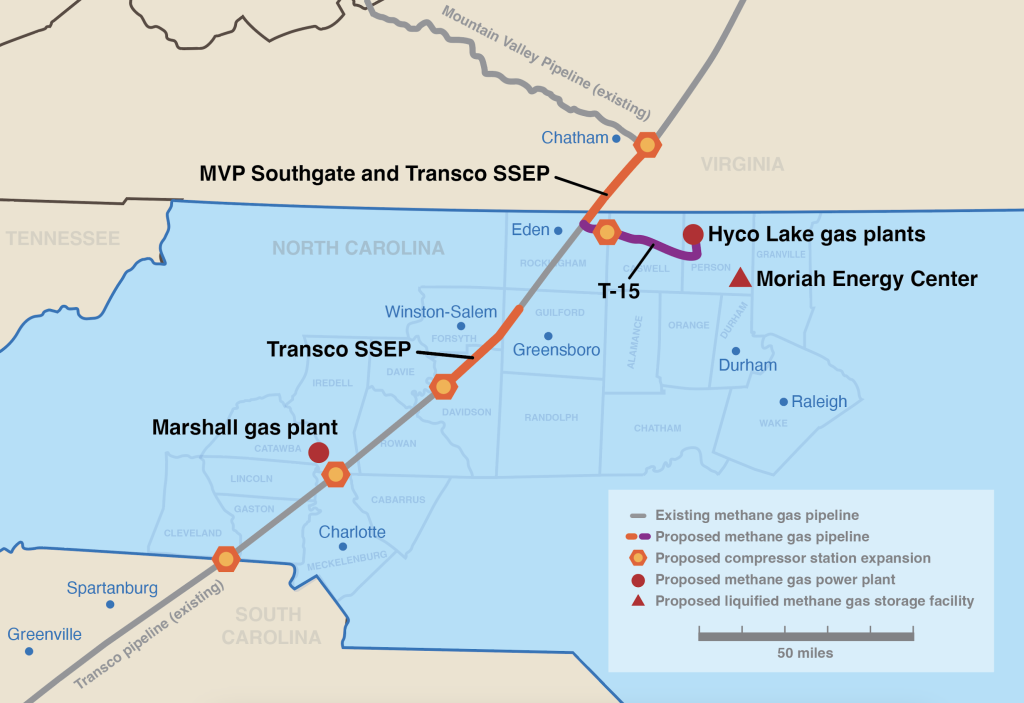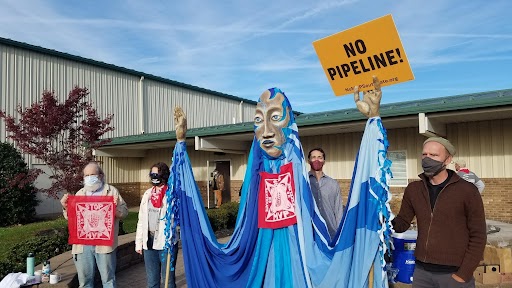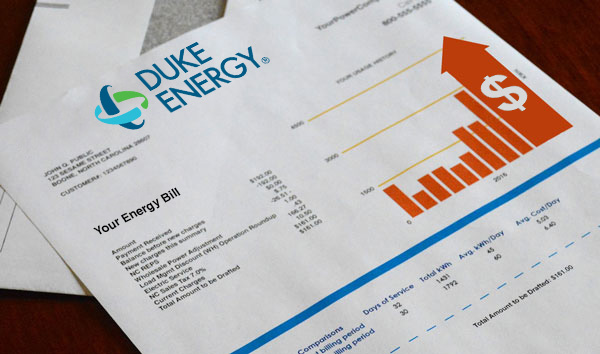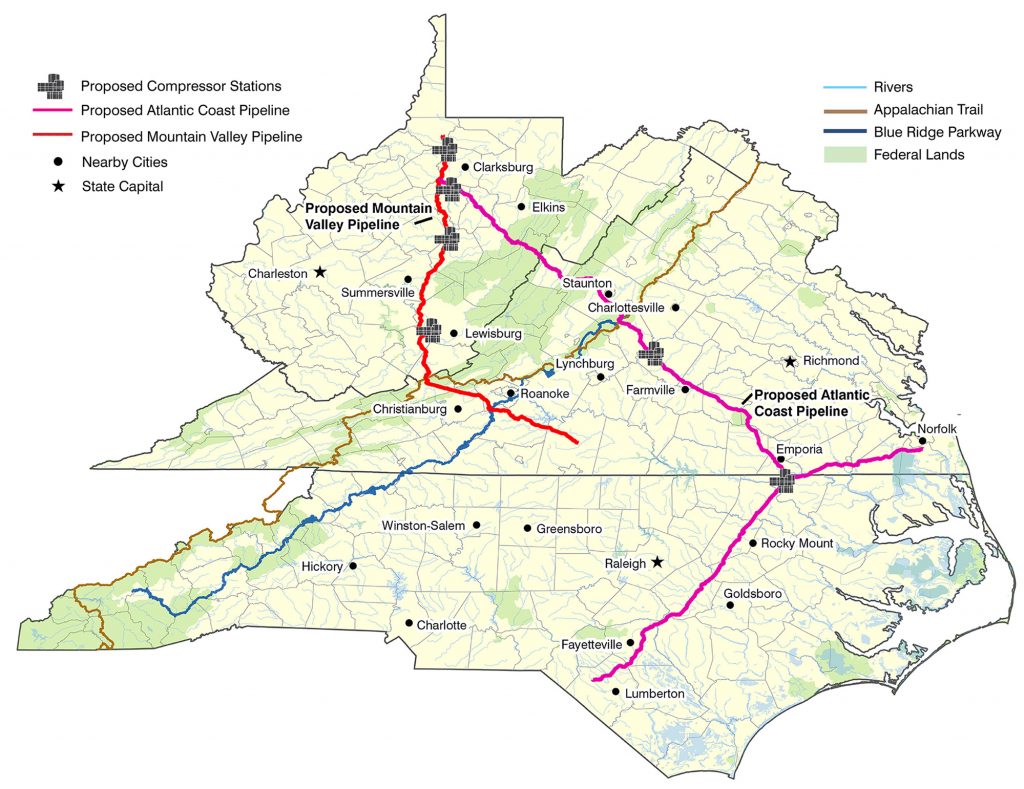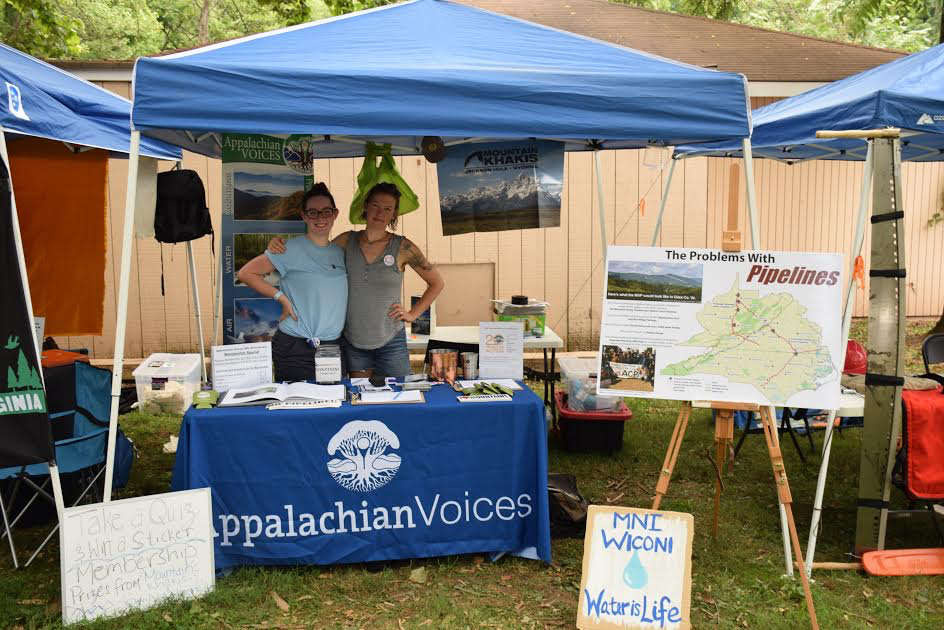Stop Pipelines & Fracked Gas

Photo By Sierra Shamer / Fractracker
Two decades ago, so-called natural gas exploded on the American energy market, pushed by the industry as a supposedly clean “bridge” fuel to transition the economy from dirty coal to renewable sources of electricity generation like solar and wind.
But this gas is far from clean. From the time that it is extracted using a destructive drilling method called fracking, its transport through pipelines, train cars and trucks, to the power plants where it is burned, the dire environmental and human costs of this fossil fuel are now abundantly clear. In particular, this polluting infrastructure is often sited in communities of color, lower-income areas and other environmental justice communities.
Studies show that investments in renewable energy and energy efficiency are on par with, or sometimes more affordable than, building new gas infrastructure. Many states are enacting policies to tap into the rising solar and wind sector. Yet the fossil fuel industry is rushing to build methane gas pipelines and power plants to squeeze as much profit as possible out of the waning fuel, putting most of the financial risk on customers.
Appalachian Voices is tackling the spread of fracked gas head-on by legally challenging fossil fuel proposals and pushing back against the antiquated policies and rubber-stamping agencies that govern the development of gas infrastructure. We are also partnering with communities in the fight against new fossil fuel infrastructure, providing resources and training to bolster local opposition. And we are pressuring decision-makers to force them to consider the harm to communities threatened by polluting energy development.
And the tide is starting to turn. In July 2020, Duke Energy and Dominion Energy canceled the 600-mile Atlantic Coast Pipeline. The massive fossil fuel project was riddled with problems, starting with the fundamental fact it was not needed to meet energy demand. Standing beside the many communities and organizations that made this historic victory possible, we’re taking this momentum and applying it toward the fight against other destructive, climate-harming projects that threaten community safety, our clean air and water, and that would raise electricity costs for residents.

Latest News
Va. foes of Atlantic Coast Pipeline applaud N.C. delay, urge Gov. McAuliffe to likewise seek more information
CONTACT: Cat McCue, Appalachian Voices, cat@appvoices.org, 434-293-6373 VIRGINIA…
Duke Energy wants to raise your power bill
Duke Energy is asking the North Carolina Utilities Commission for approval to raise rates for its residential customers by more than 16 percent. But North Carolinians are already paying the cost for Duke Energy’s mess.
Two Interstate Pipelines Clear Regulatory Hurdles Despite Opposition
As the Mountain Valley and Atlantic Coast pipelines clear some of the regulatory hurdles in their way, communities have rallied to state public hearings on water quality certifications to voice their opposition.
The Fight Against the Mountain Valley and Atlantic Coast Pipelines Continues
As federal regulators continue to rubber-stamp the dangerous, inadequate plans for the Mountain Valley and Atlantic Coast pipelines, we’re continuing to fight back alongside residents and grassroots groups across Virginia, West Virginia, and North Carolina.
Environmental Votetracker — Aug/Sept 2017 issue
How Appalachian House and Senate members voted regarding several environmental issues in June and July
Monogamous and territorial – my common traits with woodpeckers
Living in Virginia, it’s easy to take the Blue Ridge Mountains for granted. But if you pay attention, there’s a mystery to them that many don’t appreciate — including the companies who want to build natural gas pipelines through them.

